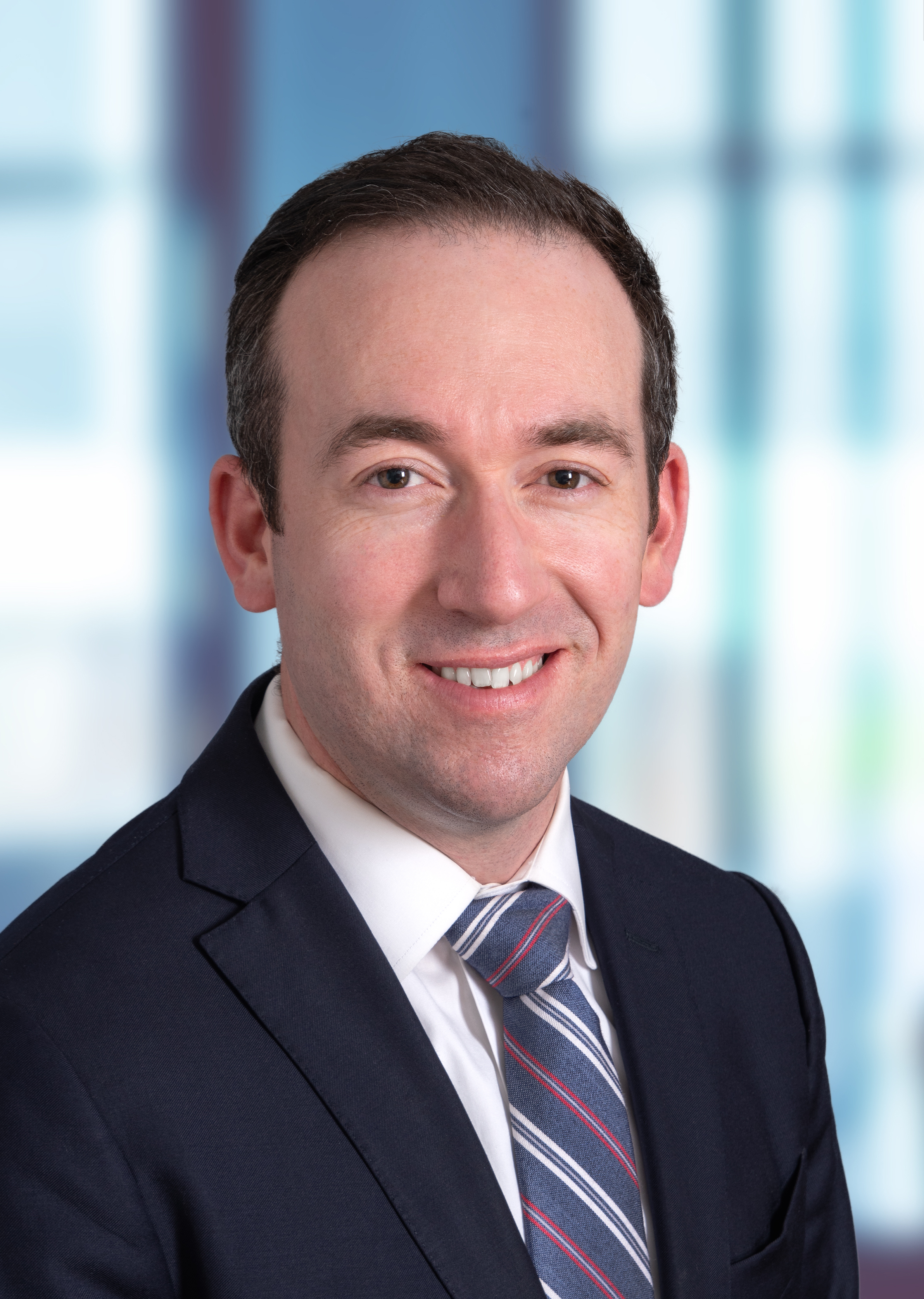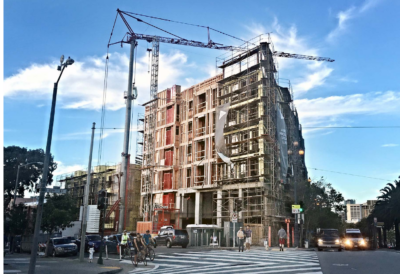Perfect the enemy of the good: Court ruling may worsen San Francisco’s homelessness crisis
Street sleeping is unhealthy for people experiencing homelessness and carries with it a higher risk of chronic disease, infectious disease, injury, assault, worsening mental illness and substance abuse, and death. Cities have a moral obligation to get unhoused community members off the street with urgency, but a recent ruling from a federal magistrate would prevent the City of San Francisco from relocating people from encampments into shelters unless and until the city added over 4,000 new shelter beds, which could take years and cost as much as $1 billion.
U.S. Magistrate Judge Donna Ryu this week refused to suspend her order prohibiting San Francisco from clearing homeless encampments while the city appeals the decision. The injunction, issued last December, mandates that the city cannot enforce certain sitting, lying, and sleeping laws until its inventory of shelter can accommodate every unhoused resident. The decision prevents the city from moving people experiencing homelessness into what shelter may currently be available.
“It defies logic to require that San Francisco have shelter for all persons experiencing homelessness before San Francisco may enforce these laws against any one person,” said City Attorney David Chiu in a previous statement. The San Francisco Department of Homelessness and Supportive Housing recently estimated sheltering every homeless person in San Francisco would cost an additional $1 billion. “It would take years” added Chiu, “and many beds would go unused as people refused shelter.”
Judge Ryu’s order relies on a maximalist interpretation of the U.S. 9th Circuit’s decision in Martin v. Boise which held that homeless persons cannot be penalized—e.g. ticketed, fined, or jailed—for violating no-camping ordinances unless an offer of shelter is made and refused. By contrast, U.S. District Court Judge David Carter ruled in Los Angeles Alliance for Human Rights v. County of Los Angeles that the city can begin to enforce no camping ordinances once its shelter inventory meets 60% of the unsheltered homeless population based on research indicating 60% of unsheltered homeless residents would take the shelter if offered. The 60% threshold has since been used as a target in the cities of Sacramento, Riverside, and at least two dozen other Southern California cities.
The Bay Area Council strongly urges the courts to reconsider this decision and take into account the need to urgently find practical solutions for homelessness while maintaining safe, clean streets for all residents. To learn more about our work on homelessness, please contact Senior Vice President of Public Policy Adrian Covert.





